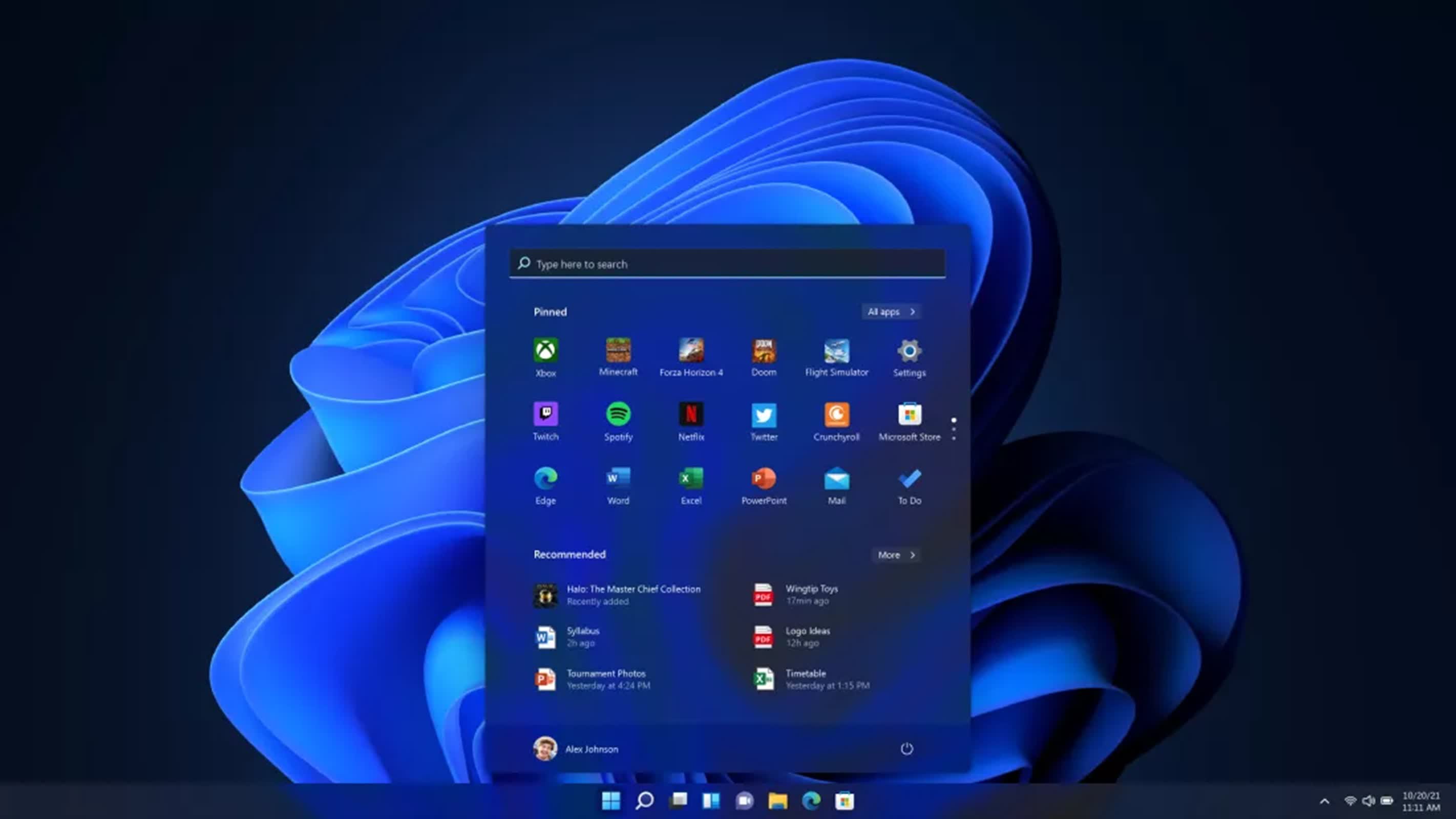What it means The growing adoption of Windows 11 is a positive sign for Microsoft, indicating that users are gradually overcoming initial hesitations about the OS. However, with Windows 10 still commanding most of the market share, Microsoft must speed up this transition to ensure a smooth handover before Windows 10 support ends.

Microsoft's Windows 11 is finally gaining significant traction in the market, nearly three years after its initial release. According to recent data from Statcounter, Windows 11 reached an all-time high market share of 35.55 percent in October 2024 – an increase of 2.13 percentage points from the previous month.
This acceleration is a notable shift from the sluggish growth of the past year. In October 2023, Windows 11 held just 26.17 percent of the market share, with minimal month-to-month changes and even occasional declines. The recent surge suggests that users are increasingly embracing Microsoft's latest operating system.
As Windows 11 gains ground, Windows 10 is experiencing a proportional decline in its user base. The older operating system now accounts for 60.95 percent of all Windows users, approaching the 60 percent mark for the first time since September 2019. This represents a decrease of 1.8 percentage points from the previous month.
Meanwhile, Windows 7, despite being unsupported, retains a small but persistent user base of 2.62 percent. Older versions like Windows 8.1 and Windows XP continue to linger with minimal market shares of 0.31 percent and 0.28 percent, respectively.
In the overall operating system market, which includes mobile platforms, Windows holds the second position with a 26.83 percent share, slightly increasing by 0.13 points in October 2024. Android leads the pack with 44.62 percent, while iOS follows Windows with 18.49 percent.
There are several likely reasons why Windows 11 adoption is accelerating. As older hardware reaches the end of its lifecycle, users are more likely to upgrade to new devices pre-installed with Windows 11. Additionally, the impending end of support for Windows 10, scheduled for October 14, 2025, is likely prompting both individual users and businesses to consider upgrading their systems.
Microsoft has also been actively promoting Windows 11, highlighting its enhanced security features, improved performance, and integration with AI technologies. The introduction of Copilot has been a significant selling point for the new operating system.
However, the transition to Windows 11 has not been without challenges. The operating system's strict hardware requirements, including the need for TPM 2.0 and relatively recent processors, have prevented many users from upgrading their existing machines. This limitation has likely contributed to the slower adoption rate compared to previous Windows versions.
Despite these hurdles, the gaming community has shown a stronger inclination towards Windows 11. Steam's hardware survey data shows that Windows 11 has surpassed Windows 10 as its users' most popular operating system.
As the end-of-support date for Windows 10 approaches, Microsoft is expected to intensify its efforts to encourage users to upgrade. The company has already begun displaying notifications on Windows 10 systems, reminding users of the upcoming support deadline. For those who wish to continue using Windows 10 after October 2025, Microsoft will offer extended security updates, but at an additional cost and for a limited time.
Windows 11 reaches 35% market share, but Windows 10 still leads by a wide margin